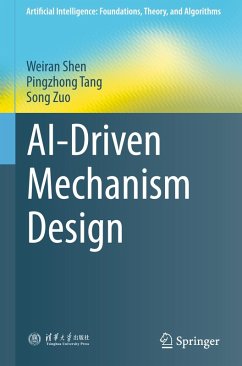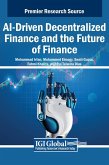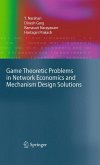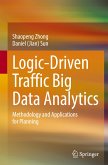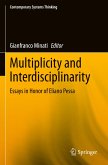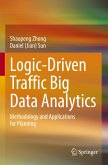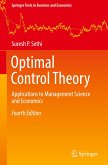Due to its huge success in industry, mechanism design has been one of the central research topics at the interface of economics and computer science. However, despite decades of effort, there are still numerous challenges, in terms of both theory and applications. These include the problem of how to design mechanisms for selling multiple items, dynamic auctions, and balancing multiple objectives, given the huge design space and buyer strategy space; and the fact that in practice, the most widely applied auction format (the generalized second price auction) is neither truthful nor optimal. Furthermore, many theoretical results are based upon unrealistic assumptions that do not hold in real applications.
This book presents the AI-driven mechanism design framework, which aims to provide an alternative way of dealing with these problems. The framework features two abstract models that interact with each other: the agent model and the mechanism model. By combining AI techniques with mechanism design theory, it solves problems that cannot be solved using tools from either domain alone. For example, it can reduce the mechanism space significantly, build more realistic buyer models, and better balance different objectives.
The book focuses on several aspects of mechanism design and demonstrates that the framework is useful in both theoretical analysis and practical applications.
This book presents the AI-driven mechanism design framework, which aims to provide an alternative way of dealing with these problems. The framework features two abstract models that interact with each other: the agent model and the mechanism model. By combining AI techniques with mechanism design theory, it solves problems that cannot be solved using tools from either domain alone. For example, it can reduce the mechanism space significantly, build more realistic buyer models, and better balance different objectives.
The book focuses on several aspects of mechanism design and demonstrates that the framework is useful in both theoretical analysis and practical applications.

